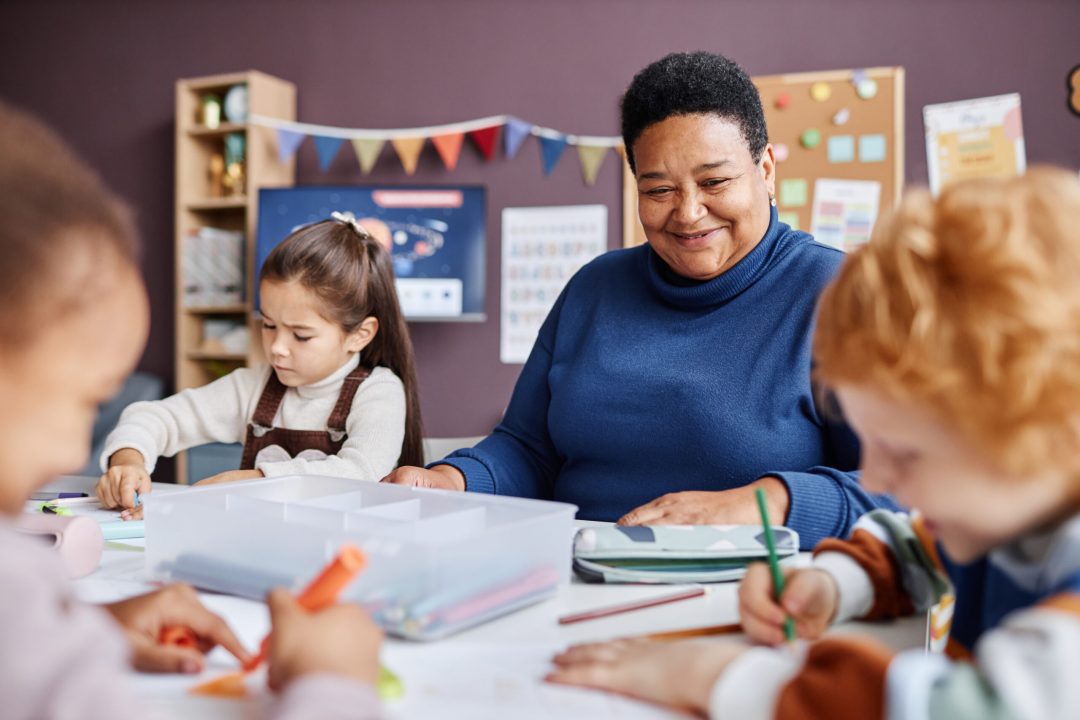Mindfulness 4 You
Find balance in every aspect of your life
Mindfulness is the basic human ability to be fully present, aware of where we are and what we’re doing, and not overly reactive or overwhelmed by what’s going on around us.

Knowing more fully what’s happening in each moment, we learn to meet both joys and sorrows with understanding, a wiser perspective, and a lot more kindness and patience withourselves and others.
In addition to health improvements, mindfulness has positive effects on interpersonal connection and relationships, including the relationship with ourselves.
Benefits of Mindfulness
Brain / Immune Health:
Mindfulness can make a real impact on the brain. Meditators show real increases in left-sided anterior activation (a pattern asscoiated with positive effect) is in grey matter concentration within the left hippocampus.
Additionally, research supports improvements in neural processing related to attentional core process can be achieved with as little as 10 to 15 minutes of mindfulness based mediatation per day.
Mindfulness based meditation may also impact our immune system. Individuals completing mindfulness based training programmes show reductions in inflammatory cytokines AUC concentration.
Mental Health:
Optimization mental health not only impacts one’s sense of emotional well-being, but moderates most to all medical outcomes. Mindfulness may be a tool to enhance emotional health and reduce stress.
A systematic review of more than 20 randomised controlled trials in 2011 successfully demonstrated improvements in overall mental health, as well as its benefit for reducing the risk of relapse from depression.
Similarly, substantial evidence exists that mindfulness has a positive impact on anxiety disorders such as Post-Traumatic Stress Disorders (PTSD).
I joined Nikki & Paul’s mindfulness group not having much knowledge or expectation, but in the time I have been going it has truly been eye-opening, helped me see things differently and approach life feeling more control.
In School and in life no-one teaches you how to be ‘human’… how to process experiences, set personl boundaries, heal trauma, feel self-love, see the joy and all those things needed, for a healthy balance in life – this is what mindfulness does – it helps you develop the toolkit to be human and everyone should have one.
It’s been quite a ride, it’s been educational, callenging and fun, I feel so much richer for the experiences. It certainly is not ‘mumbo jumbo’ and has felt like CBT therapy at times!
I cannot recommend Nikki and Paul enough, the re dnown to earth, patient and accepting, and I feel extremely lucky to have found them.
Chronic Pain:
Chronic pain has been named as a major public health problem. Alternative tools are needed to manage pain. Mindfulness based approaches demonstrated positive impact.
Specifically, mediators show decreased pain and functional pain related limitations with benefits comparable eith those from cognitive behavioural therapy, lasting up to one year.
Sleep:
Poor sleep and sleep disorders are linked to a plethora of negative and psychiatric outcomes. Mindfulness based interventions offer promise.
Randomised, controlled trials have demonstrated a reduction in total wake time and decrease on the in insomnia severity index, a tool commonly used to assess for insomnia.
How does Mindfulness work?
The theory behind mindfulness connects its practice to an enhanced ability to self-regulate cognitive, emotional and behavioural responses.
It is postulated that self-awareness and acceptance (arising from increased attention to the moment-to-moment experience) and acceptance of experiences, play a crucial role in self-regulation.
Extinction and reappraisal are postulated to play a significant role in emotional regulation. The model by Perry-Parish et al, is a useful representation of the potential changes associated with mindfulness and how improved coping and psychological functioning enhances self-regulation.
Neural Mechanisms:
“Evidence suggests that mindful practices are associated with neuroplastic changes in the anterior cingulate cortex, insula, tempo-parietal junction, fronto-limbic network and default mode network structures.
This is what allows for improved self-regulation.”
Sara Davin, PsyD, MPH: Pain Psychologist and Director of Behavioural Medicine for the Back on Track programme within the Neurological Institute.
Mindfulness in Education
I have worked with Mindfulness4You for several years now and they have provided bespoke packages of training, support and teaching in my schools, meeting the needs of different staff and pupils in a flexible way. Following COVID when mental health and wellbeing was a particular focus for us, Mindfulness 4 You delivered an 8 week training programme with staff which helped them recognise the benefits of developing positive mental wellbing strategies for themselves and the childen in their classes.
Mindfulness 4 You also worked closely with us to create and design a nurture room with a forest woodland theme which became a haven for children and a key space within the school to deliver SEMH interventions.
Mindfulness 4 You have also worked in a flexible way to deliver extra-curricular clubs for the whole of the primary age range including craft clubs, working with different media such as paper mache and pottery. They have also planned and taught curriculum art lessons in my schools, including a whole unit of work on sculpture.
Mindfulness 4 You worked with us during the holidays as part of our HAF provision working mainly with disadvantaged children to develop healthy habits for their mental health and wellbeing. The children had an amazing experience with a drumming workshop, a guided meditation session and pottery class.
I have always found Nikki and Paul at Mindfulness 4 You to be reliable, professional, flexible and would recommend them unreservedly.

Toxic Stress is Real
Healthy stress is a natural part of life, including childhood. Children and adults alike need to be challenged in order to grow and develop. However, in the contemporary education system, healthy stress is often displaced by toxic stress.
Toxic stress occurs when life’s demands constantly outpace our ability to cope with those demands.
Toxic stress is challenging to work with because the stress response taps into some very old survival hardware in our evolutionary biology. The response of our automatic nervous system is the same whether taking a maths test or sensing actual physical danger.
Mindfulness enhances every student’s life. Today’s educators and students carry so much on their shoulders. Not just particular students who may experience behavioural, emotional, psychological or social difficulties.
Many children now present in school with challenging behaviours, due to the demands of modern life, which can render the the classroom situation a place of difficulty. It should be understood that even a high achiever or general all-rounder can also bring its own inherent pressures.
Meeting academic and social expectations and simply growing up and developing a sense of belonging can be tough. Yet the pressures in today’s educational environment reach far beyond these basics. The world is moving and changing faster than ever. An increasing number of today’s students face challenges that affect their ability to focus attention, regulate difficult emotions, build resilience, and form healthy and supportive relationships.
Educators are tasked with teaching the next generation of leaders; yet their working conditions lack the support needed to ensure their success. Unsustainable conditions can manifest though decreaased productivity and creativity, and escalate to more serious symptoms such as anxiety, dissoaciation, frustration and eventually burnout.
It is of vital importance that our children are given the tools for physical, emotional and psychological wellness.

Even children who have not suffered adverse childhood experiences may struggle with frequent “mismatches” between the severity of a stimulus and their response. In children suffering from trauma, these “mismatches” become chronic and habitual.
Becasue of the roots of stress and toxic stress lie deep in the nervous system, we need tools that go beyond the conceptual mind to directly target that system. To transform our habitual responses and build resilience, we need to create the space to regulrly practice our skills when we are not in fight-flight-freeze mode.
“When you are a young child, you are not used to realising you have control in your life. You’re used to adults, whether it’s your parents or caregivers or teachers telling what to do all the time or even how to feel. When the children realise through mindfulness that they have control over their own bodies and their own minds, that’s powerful for them.”
How Mindfulness Helps
Mindfulness is a way of supporting students and educators so they can not only survive but thrive.
Research finds that mindfulness practice can help decrease stress and anxiety and strengthen resilience and emotional regulation, for both adutls and children.
The research goes onto highlight that mindfulness practice can increase attention, improve interpersonal relationships, and strengthen compassion.
The goal in education is to revise emotionally supportive learning environments that can offer students and educators ways to calm their nervous systems, focus their attention, work with their emotions, and to cultivate open and curious minds.
We offer support to the adults in the school community because their well-being and engagement in foundational to the school culture and learning experience.
Our programmes guide school staff, to address their stress, reactivity and negative habits, and to connect with their strengths, heal from stress and become fully present.
Our programmes then deepens to sharing mindfulness with the students, giving them the tools to focus attention, regulate difficult emotions, build resilience and form healthy and supportive relationships.
“What I have experienced and learned about mindfulness isn’t just about relaxing and breathing – it’s about controlling yourself.”

“Mindfulness as we know is more than just reading, more than just relaxing, it’s about centering yourself – it’s about using it for every day purpose. We want to teach our children to be good community members, a good person inside and out, a good family member, brother or sister. Mindfulness is a great tool for that reason.”
Evidence for Mindfulness
Amongst adults there is reasonably strong evidence for the positive impact of mindfulness on a wide range of mental and physical health conditions, on social and emotional skills and wellbeing, and on learning and cognition. There is also good evidence from neuroscience and brain imaging that mindfulness meditation reliably and profoundly alters the structure and function of the brain to improve the quality of both thought and feeling.
Two recent systematic reviews and twenty individual studies of mindfulness interventions with school aged children, all with reasonable numbers of participants, have been published in reputable peer reviewed scientific journals. The interventions involved all age ranges, both volunteers and ‘conscripts’, children without problems and children with a range of mental and physical health problems, and took place in school, clinical and community
contexts. The weight of evidence from these studies concludes that:
- Mindfulness for young people is easy to carry out, fits into a wide range of contexts, is enjoyed by both students and teachers, and does no harm.
- Well conducted mindfulness interventions can improve the mental, emotional, social and physical health and wellbeing of young people who take part. It has been shown to reduce stress, anxiety, reactivity and bad behaviour, improve sleep and self-esteem, and bring about greater calmness, relaxation, the ability to manage behaviour and emotions, self-awareness and empathy.
- Mindfulness can contribute directly to the development of cognitive and performance skills and executive function. It can help young people pay greater attention, be more focused, think in more innovative ways, use existing knowledge more effectively, improve working memory, and enhance planning, problem solving, and reasoning skills.
The studies also show that adolescents who are mindful, either through their character or through learning, tend to experience greater well-being, and that being more mindful tends to accompany more positive emotion, greater popularity and having more friends, and less negative emotion and anxiety.






Enquire Now
Contact us now to discuss what you have in mind for your students.

